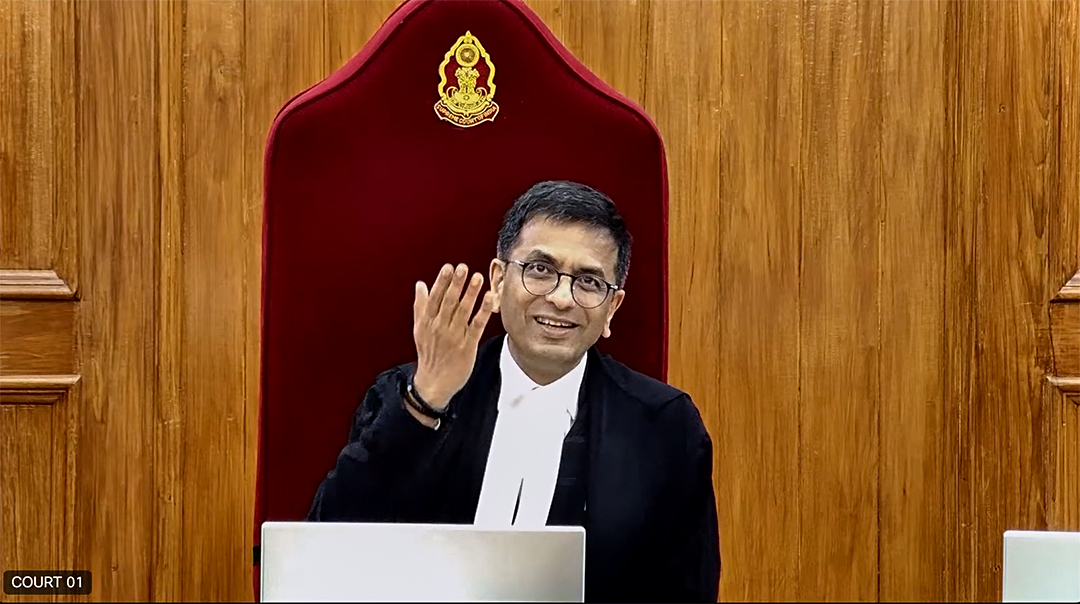On October 17, 2023, the Supreme Court of India, led by Chief Justice DY Chandrachud, declined to grant legal recognition to same-sex marriages. The five-judge bench emphasized there is “no unqualified right” to marriage unless it is supported by existing laws. Despite this, the Court acknowledged the discrimination faced by queer couples and directed the government to address the specific issues raised. The responsibility of legislating a marriage equality law was left to Parliament.
Timeline of Same-Sex Marriage in India
The path to the 2023 Supreme Court judgment reflects a history of legal challenges and evolving societal attitudes toward LGBTQ+ rights:
=1860: Section 377 of the Indian Penal Code, introduced by the British colonial government,
criminalized same-sex relations. This law remained until its decriminalization in 2018.
=2004: The Naz Foundation filed a petition challenging Section 377, marking a pivotal moment for LGBTQ+ rights in India.
=2014-2017: The LGBTQ+ rights movement gained momentum, with increased visibility, activism, and public discourse on sexual rights and equality.
=2018: The Supreme Court decriminalized same-sex relations, overturning Section 377.
=December 2021: The Supreme Court declined to mandate the recognition of same-sex marriages but agreed to examine the issue further.
=October 2023: The Court ruled on the right of same-sex couples to marry, urging the government to create a legislative framework for marriage equality.
At a glance
Dhananjaya Yeshwant Chandrachud served as the 50th Chief Justice of India from
served as the chief justice of the Allahabad High Court from 2013 to 2016 and as a judge of the Bombay High Court from 2000 to 2013. He is ex-officio Patron-in-Chief of the National Legal
Services Authority and the de facto Chancellor of the National Law School of India University. He has been part of benches that delivered landmark judgments such as the electoral bond scheme
verdict, the Ram Janmabhoomi verdict, privacy verdict, decriminalisation of homosexuality, Sabarimala case, same-sex marriage case and on revocation of the special status of Jammu and
Kashmir. He has visited the universities of Mumbai, Oklahoma, Harvard, Yale and others as professor.

